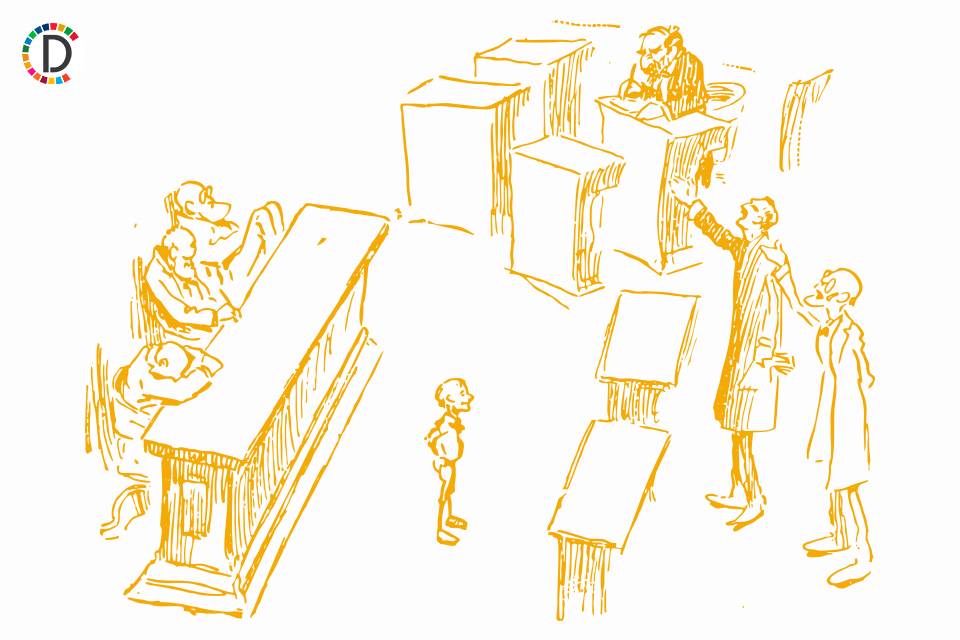Supreme Court Upholds Anti-Defection Law, Dismisses Latest Plea
The Supreme Court dismissed a plea challenging the anti-defection law (Tenth Schedule) of the Constitution. This law, introduced in 1985, addresses defections in Parliament and state legislatures. The Court maintained its 1992 stance, ensuring the law's presence to prevent unethical political defections.

- Country:
- India
The Supreme Court on Friday dismissed a plea challenging the anti-defection law (Tenth Schedule) of the Constitution.
Enacted in 1985 through the 52nd constitutional amendment, the law addresses defection scenarios in Parliament and state legislatures, setting grounds for the disqualification of defecting members.
Members of Parliament or State Legislative Assembly who defect from their original parties, on whose ticket they were elected, face disqualification under this law.
A bench including Chief Justice D Y Chandrachud and Justices J B Pardiwala and Manoj Misra reaffirmed their stance, citing a 1992 judgement by a constitutional bench that upheld the Tenth Schedule's validity.
The petitioner's advocate argued against the Tenth Schedule's insertion, but Chief Justice Chandrachud referenced the 1992 decision, which deemed the law necessary to prevent unethical political defections.
The Kihoto Hollohan vs Zachillhu and others verdict on February 18, 1992, by a five-judge constitutional bench, found the Tenth Schedule provisions critically important to maintain ethical standards in Indian parliamentary democracy.
(With inputs from agencies.)
ALSO READ
Saluting Courage: The Indian Army's Unyielding Spirit on Army Day
India's Unique Diplomatic Heritage: Lessons from Lord Krishna and Hanuman
Zonair3D Launches Clean-Air Experience Centres in India
Indian Super League Clubs Push for Perpetual Ownership: AIFF Sets Up Resolution Committee
Championing the Indianisation of Law: Justice Maheshwari's Vision










